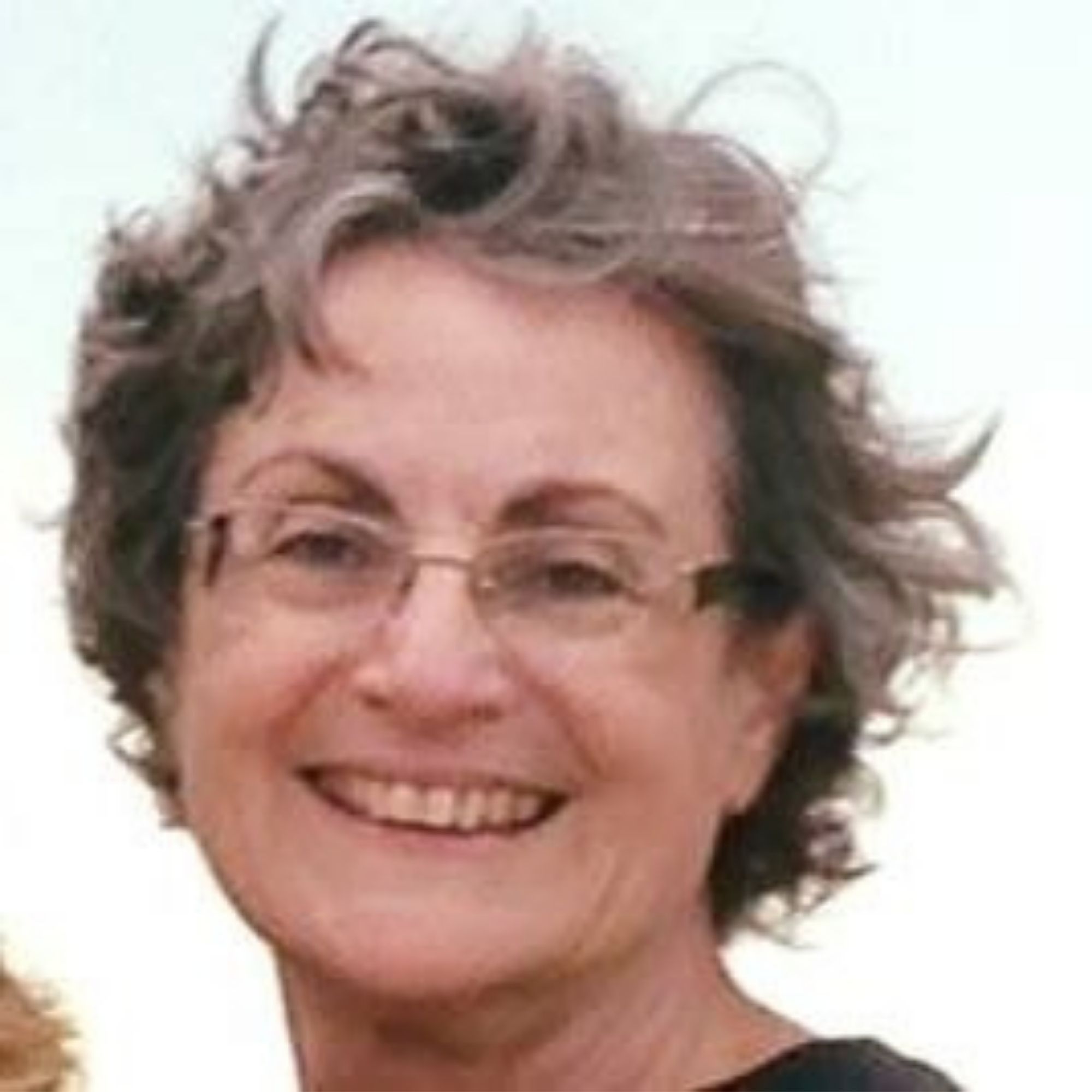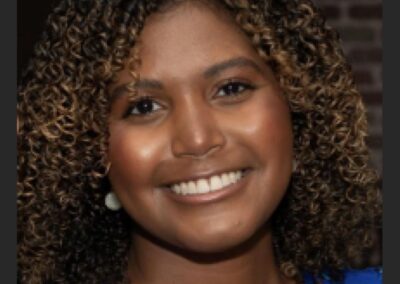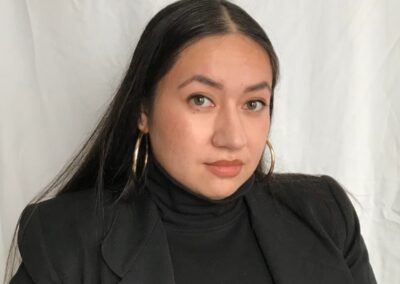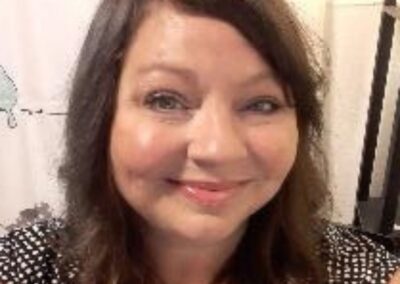I grew up in western Kansas in a little town between Hays and Great Bend. Much of my awareness of and desire to protect nature was handed down to me from my dad.
My dad was a devoted gardener, hunter, fisherman, and protector of small farms, and I learned from him to pay attention to the seasons; enjoy nature through hiking; and to learn about the depletion of the Ogalala Aquifer and its impact on the waterfowl migration. One of my favorite sounds is the honking of the migrating geese, and one of my favorite sights is the migrating monarchs, despite their numbers being drastically reduced.
As much as I cared about these things, my attention was diverted to raising children as a single parent, and later becoming caregiver to others as my generation aged. I did raise monarch butterflies on the side and sometimes attended meetings with my sister, who is a Master Naturalist.
Recently, a friend told me about a part-time job at Sunrise Project that had to do with gathering input from people concerning climate change, and I applied for the job with the idea that many people from my generation have been fighting for a healthy environment for decades and would have plenty of recommendations.
This job has been an eye-opener for me. I have met and interviewed amazing people who have lived much of their lives in Lawrence and are familiar with its history, its flora and fauna, and with their concern about climate change and its impact on the community that they love.
It has given me hope that we can still do something and that if our community unites with the Kansas City area and with other surrounding communities, and even further out, our efforts will not be like a drop in a bucket. Instead, we will be joining others across the United States in impacting our country, which is one of the world’s greatest carbon generators. And I believe that if this movement to mitigate climate change continues, we can make a difference. Growing up in the sixties and seventies, I was a witness to the impact of the Beatles. Here were four young people with incredible talent for music, and they made a huge impact on the thinking of multitudes of young people, all in the course of six years. If they could have so much impact in such a short time, how much greater of a change can we make if we all work together and do it wisely!
Not only did I have the honor of meeting some of my personal heroes through this job, but I also was able to learn about what people considered to be the biggest issues in terms of climate change mitigation. I was surprised to learn that several aging activists said that they did care about it, but they had to make peace and give up the fight because it wasn’t doing any good and they have lost hope. Others, however, said that we must continue the fight because of their love for the members of the younger generation.
Many people also mentioned the need for green spaces, green corridors, gardens, growing local food, and changing how we look at lawns, and making it possible to reduce mowing and to grow gardens and native plants. Clean energy, especially solar and wind, were encouraged by everyone I talked to.
The topic that people were most emphatic about was education, teaching our young people how to deal with what is coming. Many had suggestions on how to do this, including thematic lesson plans, getting kids outside more and teaching them how to reduce the impact of climate change, encouraging environmental clubs, and providing plenty of hands-on experience, such as helping set up solar panels.





